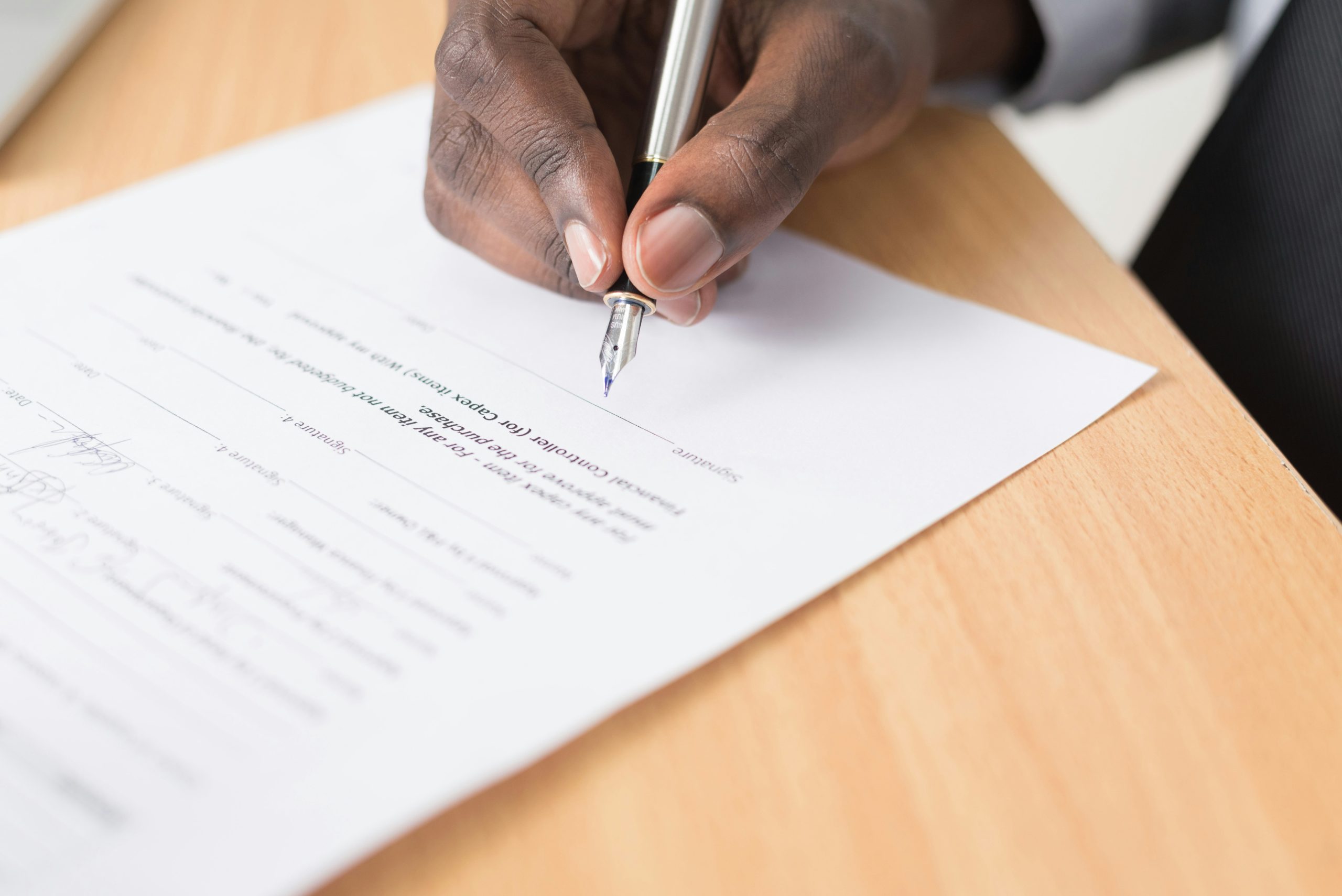“You might be Australian but is your Trust a deemed foreign person?”- If it is you may have to pay a lot more state tax than you thought.
Potentially, a foreign person is liable for double stamp duty at the time of purchase. In addition, the foreign person is then liable for much more land tax for each year that they own the property. There is no threshold value applied when the tax is calculated so it becomes higher than usual from the start. But then there is also a surcharge payable annually. This fluctuates but at the moment if a foreign owner owns residential property worth $1mil the current land tax bill is $36,000 per annum. A non-foreign owner (where it is not principal residence) would be liable for $6,500 per annum.
So who is a foreign person?
The definition of ‘foreign person’ is such that if any actual or potential beneficiary of a trust is a foreign person then the trust is deemed to be a foreign person!
If that trust owns property, land tax ($36,000 p.a. on a property worth $1mil) becomes payable each year.
You may be familiar with the wording in trusts which provides for almost everybody ever in a person’s family to be a potential beneficiary-even if they are not yet born. A person is foreign if they are not:
- an Australian or New Zealand citizen;
- a permanent-resident;
- on a permanent (Spouse) Visa AND having spent more than 200 of 365 days overseas in the last 12 months.
This means that if one of the actual or potential beneficiaries marries or partners with a foreign person then the extra taxes are payable. For example; this may be a marriage by one of your grandchildren to a foreign person! Possibly even more remote.
Risks if foreign companies are beneficiaries
If a trust deed permits another trust or company to be a potential beneficiary, where that other trust or company is a foreign person under these rules then the trust also becomes foreign. Also if another company or trust (even if it is an unrelated third party) owns shares in a corporate beneficiary, then that corporate beneficiary could become a foreign person and then by extension the trust could again be considered a foreign person.
It doesn’t take much for a company to be considered “foreign”. Under these rules – 20% or more share ownership by one foreign shareholder, or a combined 40% or more ownership by multiple shareholders is sufficient to render a company a foreign person – and that is sufficient to render a discretionary trust to be a foreign person.
Of course, if the trust is deemed to be foreign then the extra (double) stamp duty would also be payable when buying property.
The possibilities are very real and the consequences very expensive.
What can you do?
The risk can be overcome by a variation of the trust deed to exclude the possibility of a foreign person (as defined in the legislation) from ever being eligible to be a beneficiary of the trust.
If you think you need to vary your trust deed, get in touch with us. We will assess your situation and make a recommendation free of charge. If we advise that a variation to the trust deed is necessary, we will give you a clear indication of what it will cost before you are obligated.
Further reading

elringtons lawyers regularly provide legal advice in relation to a range of commercial matters. Please contact our Business and Property Law Team for more information or to make an appointment call (02) 6206 1300













